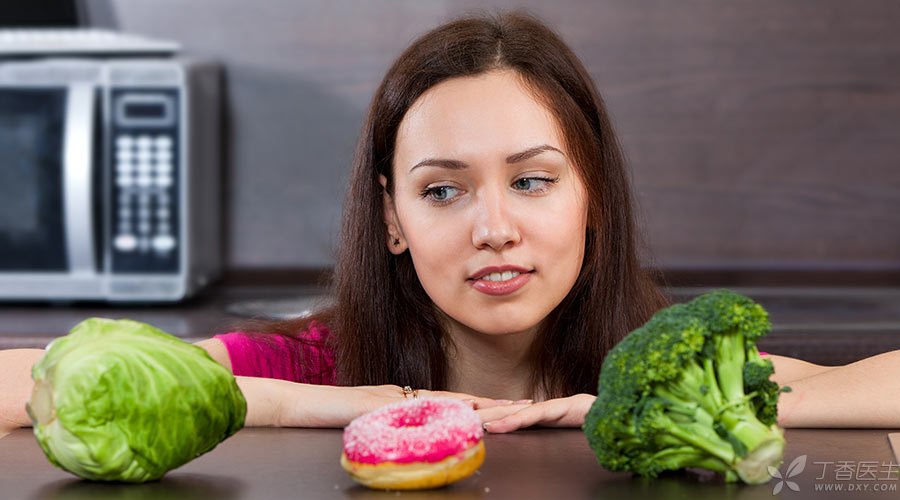
When it comes to calcium deficiency, some people always show disdain:
How can I lack calcium when I am so young?
Dr. Clove can only say: People who think so are not too young.
In fact, according to our Chinese eating habits, insufficient calcium intake is a common phenomenon, and the symptoms caused by key calcium deficiency are often not obvious. When osteoporosis is found in their 30s and 40s, the best time will be missed.
Is it what who let the calcium in our bodies sneak away? I’ll talk to you today.
These two kinds of eating methods can really make people lack calcium.

1. The taste is heavy and there is too much salt.
The salty taste of salt comes from sodium, which is closely related to calcium excreted from urine. For every 2,300 milligrams of sodium excreted by the kidney (equivalent to eating 6 grams of salt), 40-60 milligrams of calcium will be lost.
Considering that the salt intake of Chinese residents (more than 9 grams per day) far exceeds the recommended value of the World Health Organization (5 grams per day), while the calcium intake (close to 400 milligrams) is only half of the recommended value (800 milligrams), the problem of calcium loss caused by this cannot be ignored.
Therefore, eating less salt equals supplementing more calcium, which is somewhat reasonable.
2. Eat only meat, not vegetables
Many people think that bone soup and broth can supplement calcium, so they focus on meat dishes.
In fact, green leafy vegetables are not only rich in calcium, but also nutrients such as magnesium, potassium, vitamin K and vitamin C can help the body to better absorb and utilize calcium.
It is recommended that you eat more vegetables with dark green leaves:
Spinach, pakchoi, rape, cabbage stalk, kale, mustard, chrysanthemum, leek, broccoli, lettuce leaves, lettuce, etc.
Do you also lack calcium if you eat these? It’s just a rumor

1. Can drinking coffee make people lack calcium?
False.
The calcium-related components in coffee beans are mainly potassium, oxalic acid and caffeine. Potassium can reduce calcium loss, oxalic acid can affect calcium absorption, and caffeine can increase calcium loss in urine.
However, caffeine in each cup of coffee will only increase calcium loss by 2-3 milligrams, and the diuretic effect of caffeine is very short.
Therefore, if you only drink one or two cups of coffee normally, you don’t have to worry about calcium deficiency.
As for the calcium loss caused by oxalic acid, it can be offset by adding some pure milk rich in calcium to coffee.
2. Eating too much vinegar will make people lack calcium?
False.
People who make up rumors may think sour food is not good for health and vinegar will dissolve calcium in bones.
But the reality is just the opposite:
- Vinegar can change insoluble calcium in food into an ionic state and is better absorbed. After eating vinegar, it will be absorbed into blood and eventually become carbon dioxide and water. It will urinate directly and have no chance to [dissolve bones].
In fact, the aged vinegar itself contains a lot of calcium. Data show that every 100g of aged vinegar contains 125 milligrams of calcium, which is comparable to milk.
In other words, eating vinegar properly is not harmful to calcium supplement.
3. Eating coarse cereals will lead to calcium deficiency?
False.
Rumor has it that phytic acid in coarse cereals can combine with calcium, causing calcium in food to be lost in vain, so it is not good to eat.
In fact, this is only half right. Phytic acid in whole grain coarse cereals will indeed reduce the utilization rate of calcium, but the advantages of coarse cereals are enough to make up for this loss.
Coarse cereals such as black rice, brown rice and millet have not been milled, and the potassium and magnesium contained in them are much higher than the refined white rice normally eaten.
Therefore, eating coarse cereals will not make people lack calcium.
You asked Dr. Clove how to eat it to supplement calcium. Well, it’s all ready for you. Please click here and have a look.
Children, pregnant women, recovering from serious illness… How do special groups eat?
How should I eat if I want to lose weight and keep fit?
